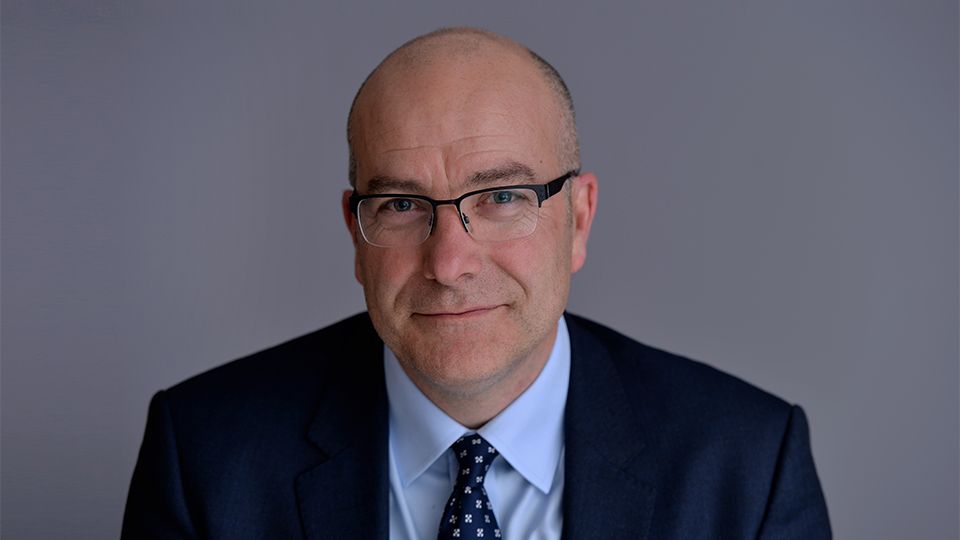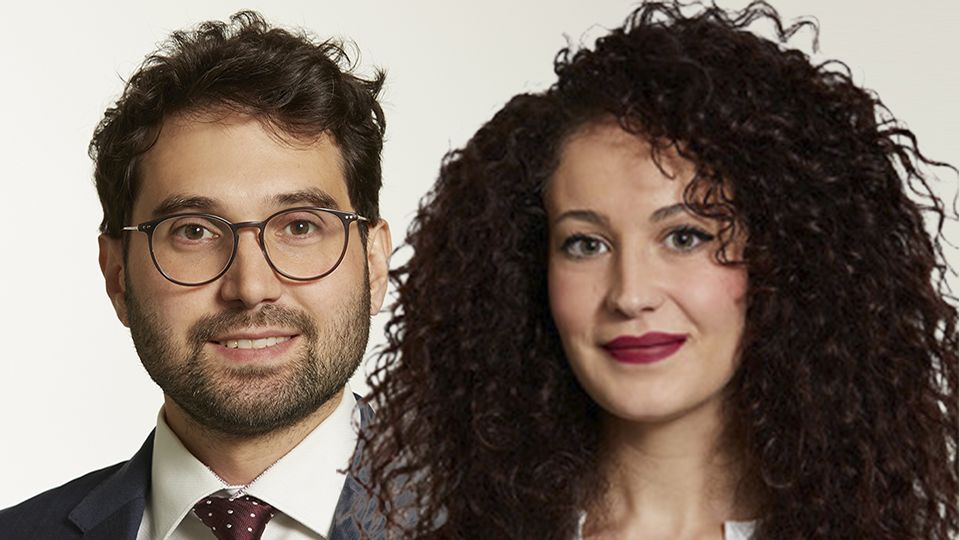As investors show increasing interest in understanding the impact of their investment decisions, EM offers potential.
This is being spurred by knock-on effects of Covid-19, such as the reminder of the health crisis that many people across the world face every day.
In fact, nowhere is there greater need for the resolution of environmental and social issues than in EM, said Jonathan Fletcher, EM fund manager and head of EM sustainability research at Schroders. “These countries are home to close to 6.6 billion people, equivalent to 86% of the world’s population, based on data from the International Monetary Fund.”
Yet these countries are at greatest risk from the effects of climate change. For example, of the top 10 cities most vulnerable to climate change, nine are in EM countries.
“We see the potential for investors to have an impact and help solve some of the many global challenges as enormous. The UN sustainable development goals provide a framework to underpin this process, and there is ongoing consensus among governments and companies globally as to its merits,” Fletcher said.
Wanting more impact
Historically, solving these issues has often been left to philanthropy. But there is increasing consensus that market investments can achieve environmental and social, as well as financial, goals, believes Schroders.
Public companies have a critical role to play, explained Fletcher. “Not only through their products and services, but also by the way they manage their operations and their impact on the environment, and who they employ. These decisions can be taken more directly, and at a reasonably fast pace. The potential for investors to have an impact is therefore considerable.”
The size of the impact investing market is still very small, at around $715bn as at the end of 2019, based on estimates from the Global Impact Investing Network (GIIN). The potential for growth is significant and is likely to be driven by investor demand to align their values with their investment goals.
Given EM companies are generally at early stages in the impact and ESG journey, there is a long-term opportunity for investors to participate. “The nature of EM means that there is also a broad range of investment opportunities. Providing capital to companies which meet defined investment criteria enables them to grow sustainably, and to have a greater impact in the future,” added Fletcher.
A core tenet of impact investing is that the societal benefit should be intentional and measurable, as well as material and sustainable.
When it comes to investing in companies, Schroders suggests that investors ask themselves three key questions. The first one is the societal contribution: does the company contribute to a better future for all? The second question relates to sustainability: is the business run for the long term? The third question is based on the financial return: is the stock a good investment?
“We are looking for companies that will generate sustainable returns above their cost of capital,” said Fletcher.









